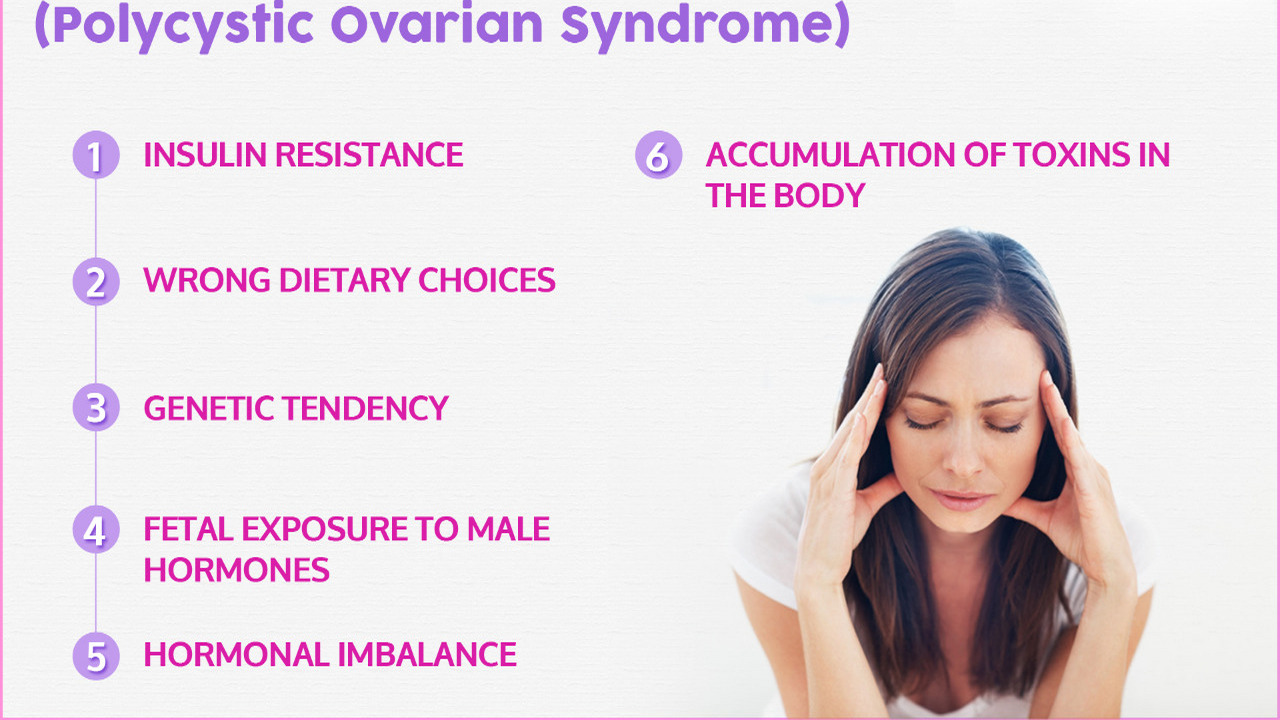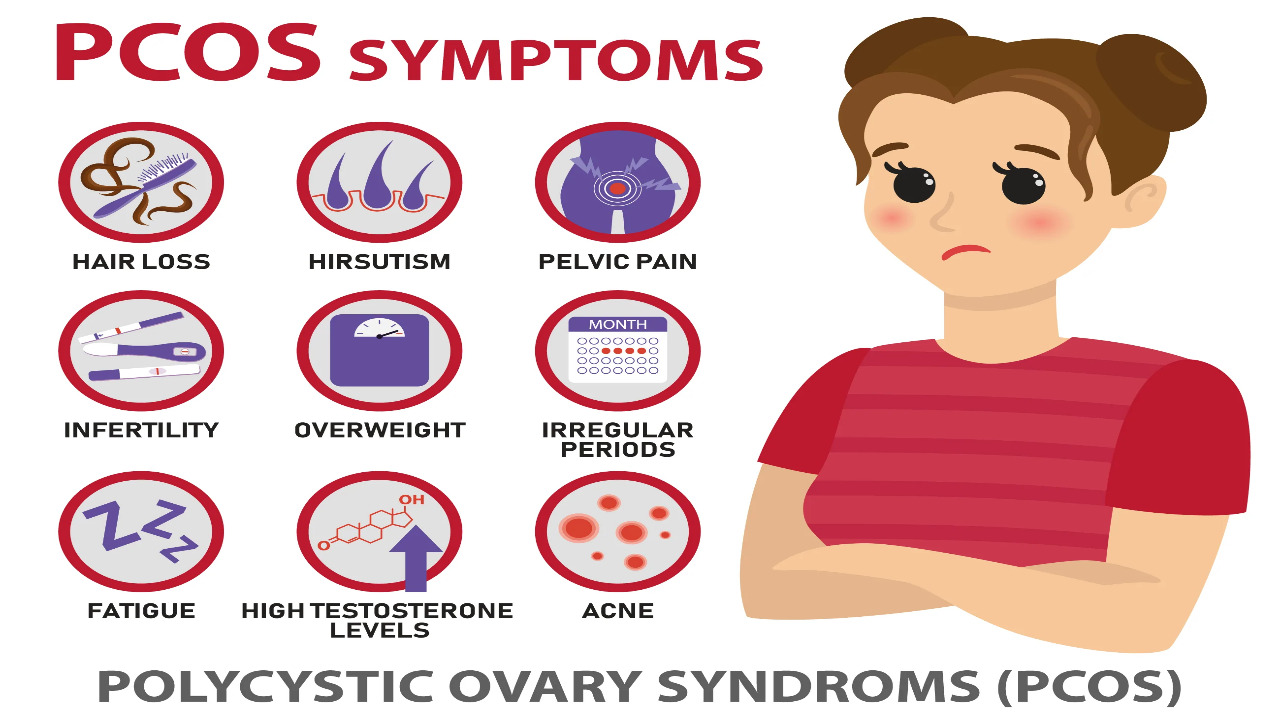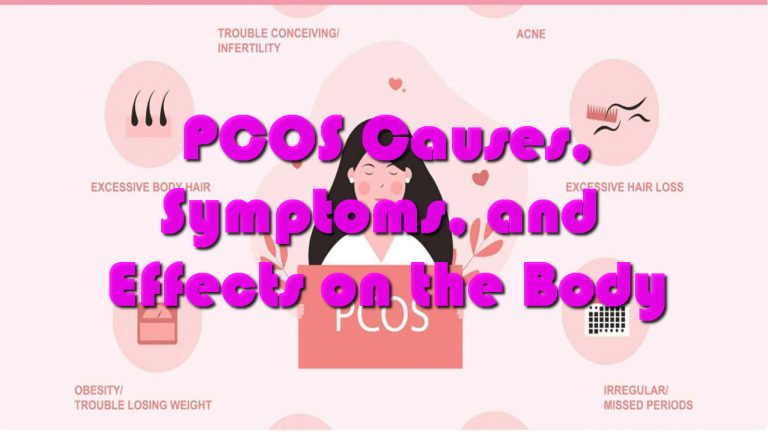Polycystic ovary syndrome, or PCOS, is one of the most common hormonal disorders among women. Did you know that 1 in 10 women suffer from this condition? PCOS occurs when high levels of hormones known as androgens lead to changes in ovarian function. This can affect a woman’s menstrual cycle, fertility, and physical appearance. The cause of PCOS is unknown, but research suggests it could be hereditary.
Not only does PCOS make it challenging to conceive a child, but its symptoms can also have long-term health risks like obesity and type 2 diabetes. To learn more, you can visit https://thesmooco.com/collections/pms. Understanding the causes, symptoms, and effects on the body can help women recognize the signs of this disorder and seek out proper treatment. Here’s more on how PCOS can affect your health and well-being. Although researchers aren’t sure what causes PCOS, they do know how the condition impacts the body over time. To understand the effects of PCOS on your overall health and wellness, it’s important to understand its symptoms, causes, and potential treatments. This article discusses the causes, symptoms, and effects of PCOS on your body.
Polycystic ovary syndrome (PCOS) is a hormonal disorder common among women of reproductive age. It can cause infertility and other health complications if left untreated. Understanding the causes, symptoms, and effects on your body is important for managing PCOS in order to stay healthy and reduce the risk of complications. Here’s a list of what to look out for when it comes to PCOS:
Causes of PCOS

The exact cause of polycystic ovary syndrome remains unknown, though doctors have identified genes and hormones that appear to play a role in the development or worsen symptoms of PCOS. Insulin resistance is thought to be one key factor in PCOS as it leads to higher than normal levels of testosterone hormone, which can result in symptoms like ovarian cysts, irregular menstrual periods, excessive hair growth, and more.
Symptoms of PCOS

Common signs and symptoms associated with polycystic ovary syndrome include irregular or absent menstrual cycles, excess hair growth (hirsutism), acne and oily skin, an increased risk for type 2 diabetes or high blood pressure, infertility issues due to anovulation (lack of ovulation), weight gain, depression or anxiety related mood disorders, pelvic pain and dark patches on the skin folds (acanthosis nigricans).
Impact on Your Body
The disruption in hormone balance caused by PCOS has an impact on more than just your fertility, it also may lead to long-term health problems such as obesity and reproductive cancer. Furthermore, people with PCOS may have an increase in male hormones, including testosterone which can cause changes such as facial hair growth or thinning scalp hair, known as male pattern baldness. The accumulation of fluid-filled cysts on the ovaries may result in pelvic pain or inflammation, which can be uncomfortable or difficult to treat, depending on its severity. Additionally, individuals with PCOS often struggle with blood sugar regulation leading to insulin resistance which can naturally increase the risk for certain types of diabetes as well as some cases of cardiovascular disease such as stroke or heart attack down the line if not properly addressed early enough with lifestyle changes physical activity self-care routine dietary interventions, etc.
https://www.youtube.com/watch?v=FsNKyKS7M_s&ab_channel=NucleusMedicalMedia
